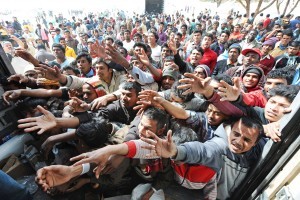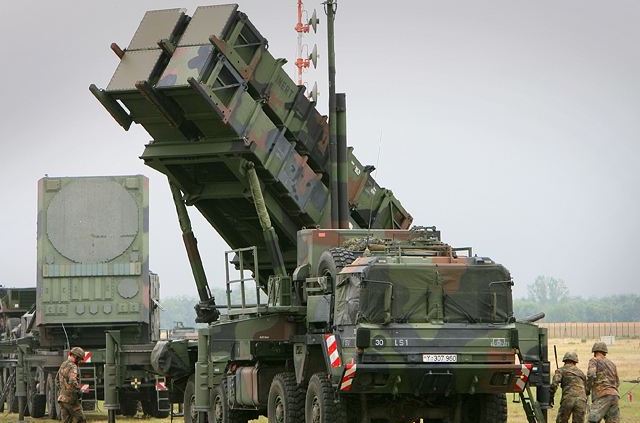Romania might use EU funds for new migrant quota

Recently, however, Iohannis declared that the nation could handle the new obligatory number of displaced victims of the ongoing Middle East conflicts, especially since they would not all arrive at the same time, but rather during the course of about a year.
The migrant crisis, deemed by some to be the worst since World War Two has been testing the boundaries of solidarity between nations as well as the very idea of European unity since its onset. Some fear Islamist proselytizing while others simply worry about the structure of future European demographics. Questions have arisen with regard to national security threats and burdensome economic consequences which might result from this situation.
Romania, however, has only been a transit nation so far, partly because it is not a part of the Schengen Agreement and partly because of its government's poor history in providing benefits for the people. This is a country where few can actually afford to 'live off the state'.
Therefore, while arguments have been made that Romania will try to use the current crisis as a way to get into the Schengen Agreement, many Romanians view this idea as uninspired and see the present state of affairs as quite the blessing given the circumstances. At a time when the very foundation of the free movement of people through Europe is being questioned it is right to notice how little interest the Agreement might posses to states which are not part of it and are therefore not suffering under the weight of its recent and quite unexpected consequences.






